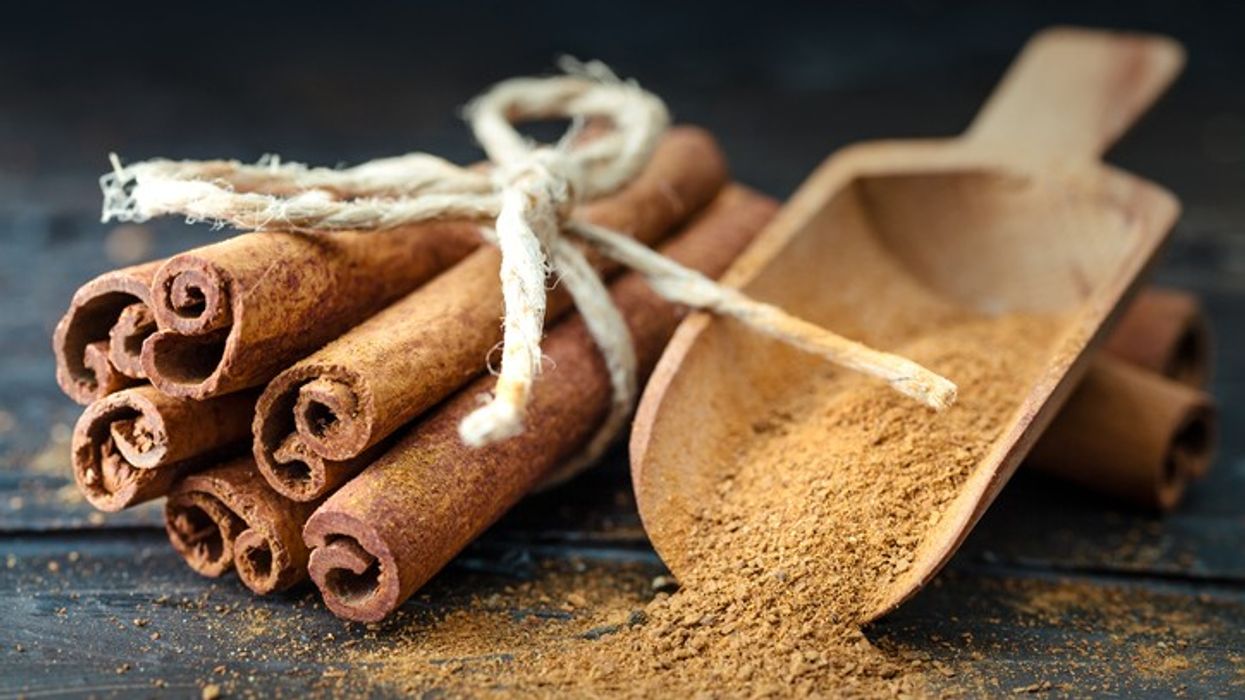Menstruation, also referred to as a period, is a normal bodily function in women where blood and tissues exit the uterus via the vagina. The interval between periods is called the menstrual cycle, typically lasting 28 days but ranging from 26-32 days.
Irregular periods, or oligomenorrhea, occur when cycles are consistently delayed by over a week. The causes include stress, alcohol consumption, travel, and sexual activity, The Times of India informs.
An irregular period is a deviation from a woman's normal menstrual cycle length. This can occur due to estrogen imbalances and inadequate blood flow in the pelvic region.
An irregular period is defined by cycles longer than 35 days or varying in length. Typically, periods last 3-7 days, but if they last longer, the cycle is considered irregular.
Young girls going through puberty and women in perimenopause or on the brink of menopause often experience menstrual irregularity, but it can happen to women of any age, the health app, Healthify Me explains.
Though imbalanced estrogen levels and poor pelvic blood flow are common causes of an irregular period, other factors can also play a role, including stress, medication side effects, thyroid issues, and age.
However, according to an earlier feature on the NDTV Food site, the biggest influence is a person's lifestyle, including diet, physical activity, and sleep habits. Thus, maintaining a healthy lifestyle can help regulate menstrual cycles.
Not eating properly or poor nutrient intake can stress your hypothalamus, pituitary, and adrenal glands, which control hormone balance in the body and affect your periods. Therefore, to maintain regular menstrual cycles, it is important to avoid certain foods and include others in your diet, Healthline informs.
Let’s take a look at some foods suggested by experts to help regulate your periods:
Ginger
Ginger is a versatile health booster with many benefits, including treating colds and improving digestion.
Its vitamin C and magnesium content can help stimulate uterine contractions and initiate menstruation. Additionally, consuming ginger tea with jaggery enhances its efficacy in regulating irregular periods by promoting natural estrogen production.
Turmeric
Turmeric promotes proper blood flow to the uterus and helps initiate menstruation while reducing menstrual inflammation. Drinking turmeric-infused warm milk with honey can regulate periods naturally and alleviate period cramps. As a medicinal spice, turmeric can be consumed to treat irregular periods, especially when taken in warm milk with honey before bed.
Unripe papaya
Unripe papaya can regulate menstrual cycles by promoting uterine contractions and releasing blood and tissue from the vagina. Its high carotene content normalises menstruation and regulates estrogen levels. Consuming papaya regularly enhances uterus function and relieves menstrual pain and irregularity.
Cinnamon
This spice not only enhances the flavour of your food but can also regulate your menstrual cycles. Cinnamon warms the body, increases blood flow, and stimulates blood flow in the pelvis to produce the necessary level of the hormone, estrogen. This helps alleviate menstrual pain and cramps. To maximise its benefits, try having cinnamon mixed in a glass of milk.
Aloe vera
Aloe Vera is a natural solution for irregular menstrual cycles. Rich in folic acid, amino acids, salicylic acid, and vitamins A, C, E, and B12, it regulates the hormones responsible for menstruation, promoting regular monthly periods. For optimal results, it is advised to take a mixture of fresh aloe vera gel and one teaspoon of honey daily before breakfast.
Pineapple
Pineapple is a natural remedy for irregular periods. It contains bromelain, an enzyme that helps shed the uterus lining, thereby helping to start the period. This fruit also improves blood flow by increasing red and white blood cell production.
Eating pineapple regularly can help regulate your periods, reduce the risk of blood clots, and decrease swelling during menstruation as well.
Parsley
Parsley, often used as a garnish, can help regulate irregular periods by improving blood flow. Consuming boiled parsley or parsley tea daily can aid in proper estrogen production thanks to compounds like myristicin and apiole.
Beetroots
Beetroot, with its iron, folic acid, and calcium content, can regulate menstrual cycles. It can also relieve bloating and reduce water retention during periods.
Coffee
Coffee with caffeine helps regulate the menstrual cycle by balancing estrogen levels, improving blood flow to the pelvic area, and reducing blood vessel constriction during periods.
Carom seeds
Carrom seeds are known for their antispasmodic properties that effectively alleviate menstrual irregularities and stimulate the uterus. Drinking carom seeds water helps regulate the menstrual cycle and reduces pain during periods. It also helps to improve digestion.
When to see a doctor
While occasional changes to your menstrual cycle could be due to certain lifestyle factors, consistent irregular periods may indicate an underlying health issue.
So, if you experience consistent changes in your menstrual cycle, it is best to consult a healthcare provider. An earlier feature in
Healthline advises seeing a doctor if you experience the following:
• No period for 3 months
• More than one period in 21 days
• Less than one period in 35 days
• Periods lasting more than 7 days
• Heavy bleeding (soaking through products hourly)
• Passing blood clots larger than a quarter
Your healthcare provider will diagnose the root cause and create a plan that fits your specific needs. This process may involve some experimentation, so it’s advised to be patient as well as transparent with your doctor.




